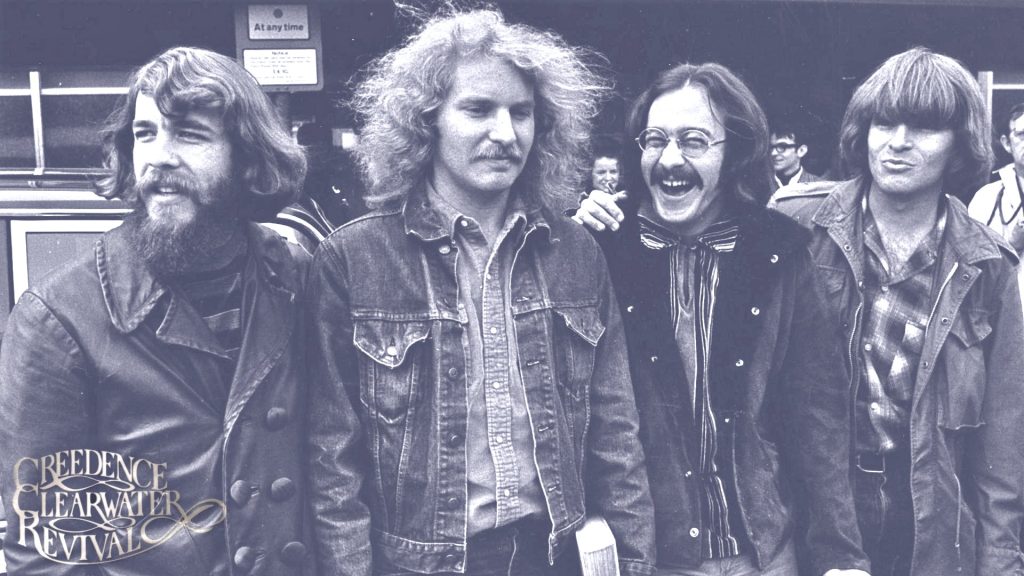
Creedence Clearwater Revival – Born on the Bayou: A Deep Dive into a Southern Rock Classic
Emerging from the vibrant music scene of the late 1960s, Creedence Clearwater Revival, fronted by the enigmatic John Fogerty, established themselves as one of the most influential rock bands of their era. Their music, a potent blend of swamp rock, blues, and psychedelia, resonated with audiences worldwide, capturing the spirit of the times with its raw energy, storytelling prowess, and Fogerty’s distinctive vocals. Among their enduring classics, “Born on the Bayou” stands as a quintessential Creedence Clearwater Revival anthem, encapsulating the band’s unique sound and vividly painting a picture of the American South.
“Born on the Bayou” opens with a hypnotic guitar riff, its twang evoking the mystique of the bayou, a marshy landscape steeped in folklore and tradition. Fogerty’s vocals, imbued with a blend of grit and vulnerability, weave a tale of a young man born amidst the bayou’s rich tapestry of life. He recounts memories of childhood, of fireflies dancing in the humid air and the haunting cries of a hound dog chasing down a “hoodoo,” a figure shrouded in local mythology.
The song’s lyrics, infused with vivid imagery, transport the listener to the heart of the bayou, a place where nature reigns supreme and the rhythms of life are dictated by the ebb and flow of the swamp. The bayou becomes a metaphor for the protagonist’s identity, a place of both beauty and hardship, where resilience and a deep connection to the land are essential for survival.
As the song progresses, the instrumentation builds, adding layers of intensity to the narrative. The drums pound like a heartbeat, the guitar riffs intertwine like the gnarled branches of cypress trees, and Fogerty’s voice soars, expressing a longing for the familiar embrace of the bayou. The chorus, a repeated refrain of “Born on the bayou,” serves as a declaration of identity, a testament to the deep-rooted connection between the protagonist and his birthplace.
“Born on the Bayou” concludes with a fading guitar solo, its notes lingering in the air like the scent of Spanish moss hanging from ancient trees. The song’s impact extends far beyond its runtime, leaving an indelible mark on the listener’s memory. It is a testament to Creedence Clearwater Revival’s ability to craft timeless music that resonates with audiences across generations, capturing the essence of a place and its people with vivid storytelling and a touch of Southern mystique.